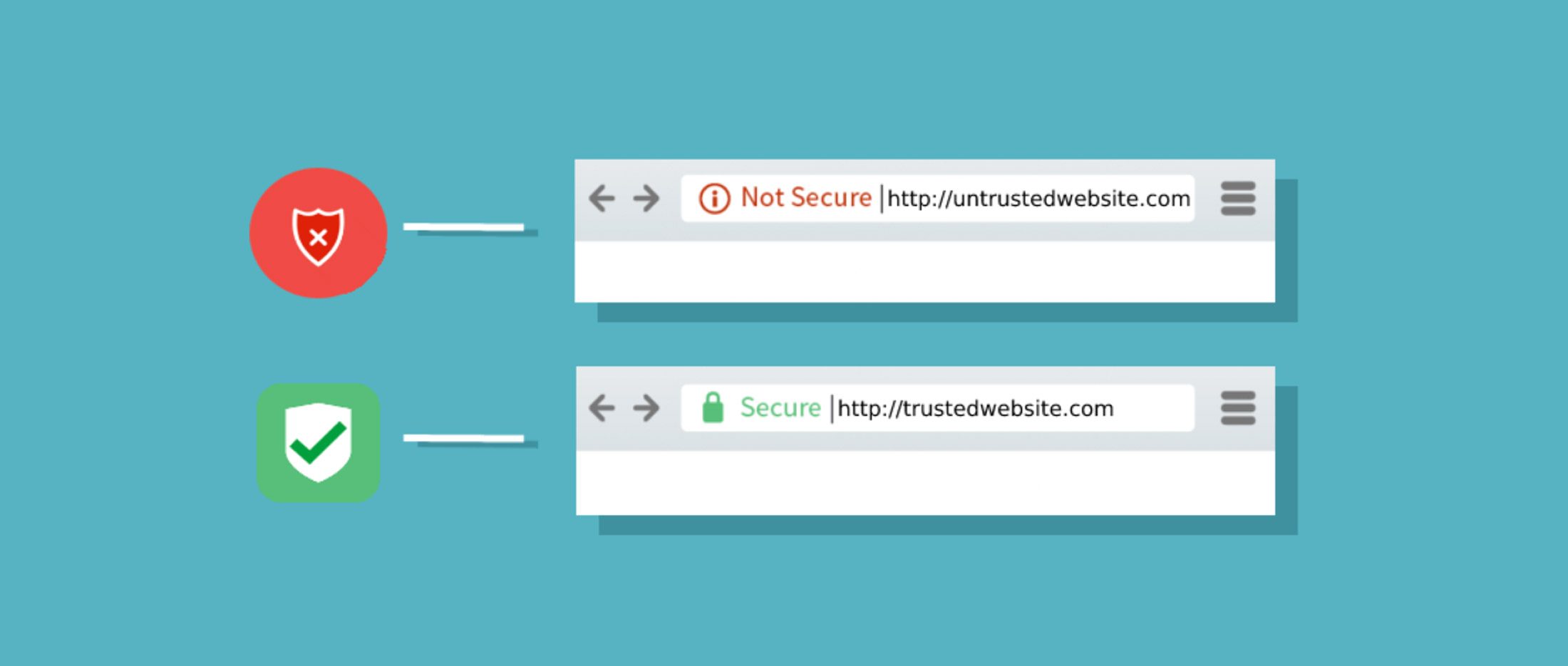Owning a website comes with the responsibility of ensuring your users’ safety and building trust. One essential tool in achieving this is an SSL certificate. Let’s delve into the world of SSL certificates and understand why they are crucial from a site owner’s perspective.

Understanding SSL Certificates
An SSL (Secure Sockets Layer) certificate acts like a digital bodyguard for your website. It’s a small but powerful data file that encrypts information exchanged between your users and your site’s server. This encryption transforms sensitive data into unreadable code, safeguarding it from potential threats during transmission.
The Working Mechanism of SSL Certificates
Imagine a secret handshake between your website and your visitors. When a user attempts to access your site, the server presents its SSL certificate. The user’s browser then checks this certificate’s authenticity, ensuring it’s from a trusted source. Once verified, a secure connection is established through a process known as the SSL handshake. This sets the stage for encrypted data transmission, protecting user interactions from prying eyes.
Secure Your Website Today with SSL Certificates from Sitesown in Erbil, Iraq!

Why Your Website Needs an SSL Certificate
- Data Security: SSL certificates encrypt sensitive information, such as login credentials and personal details. This ensures that even if intercepted, the data remains confidential.
- User Trust and Confidence: When visitors see “https://” and a padlock icon in the address bar, it signals a secure connection. This visual confirmation builds trust, assuring users that their information is in safe hands.
- Protection Against Data Tampering: SSL certificates not only encrypt data but also ensure its integrity. This prevents malicious actors from tampering with or injecting harmful content into the communication.
- Authentication: SSL certificates verify your website’s identity, assuring users that they are interacting with the legitimate site and not a fraudulent one. This authentication process is conducted by a trusted Certificate Authority (CA) during certificate issuance.
- SEO Benefits: Search engines, such as Google, consider SSL certificates as a ranking factor. Websites with HTTPS are likely to receive a boost in search engine rankings, contributing to improved visibility and traffic.
- Compliance Requirements: Many regulations and industry standards mandate the use of SSL certificates to protect sensitive information. Adhering to these requirements is crucial for legal compliance and avoiding potential penalties.
- Phishing Attack Prevention: SSL certificates make it challenging for attackers to create convincing replicas of your site for phishing attacks. The presence of an SSL certificate adds an extra layer of security against fraudulent websites.
- Browser Security Warnings: Major web browsers display warning messages for non-secure websites. Having an SSL certificate prevents these warnings, ensuring a positive user experience and reducing the likelihood of visitors leaving the site due to security concerns.
Indicators of an SSL Certificate on Your Website
Now, how do you know if your website is donning the SSL superhero cape? Encourage your users to look for “https://” in the URL and a padlock icon in the address bar. Some browsers even change the address bar color or explicitly label secure sites, providing additional reassurance.
Conclusion
In conclusion, investing in an SSL certificate is not just a security measure; it’s a commitment to user trust and online integrity. As a site owner, prioritizing the implementation of SSL certificates contributes to a safer internet experience for your users. It’s a small step that makes a significant difference in building a secure, trustworthy, and successful online presence.
